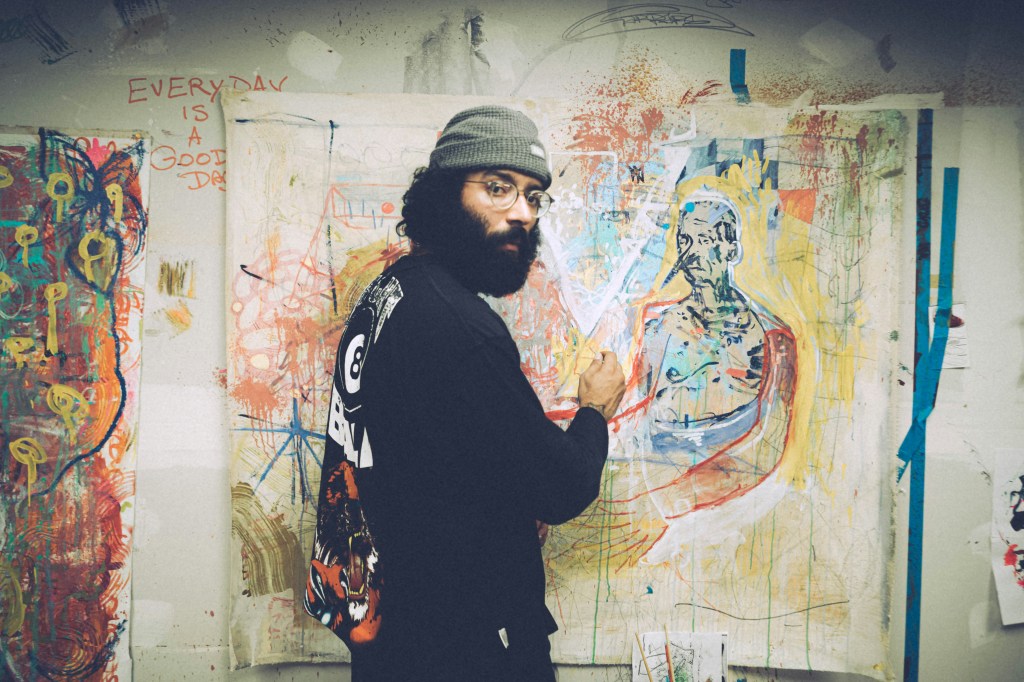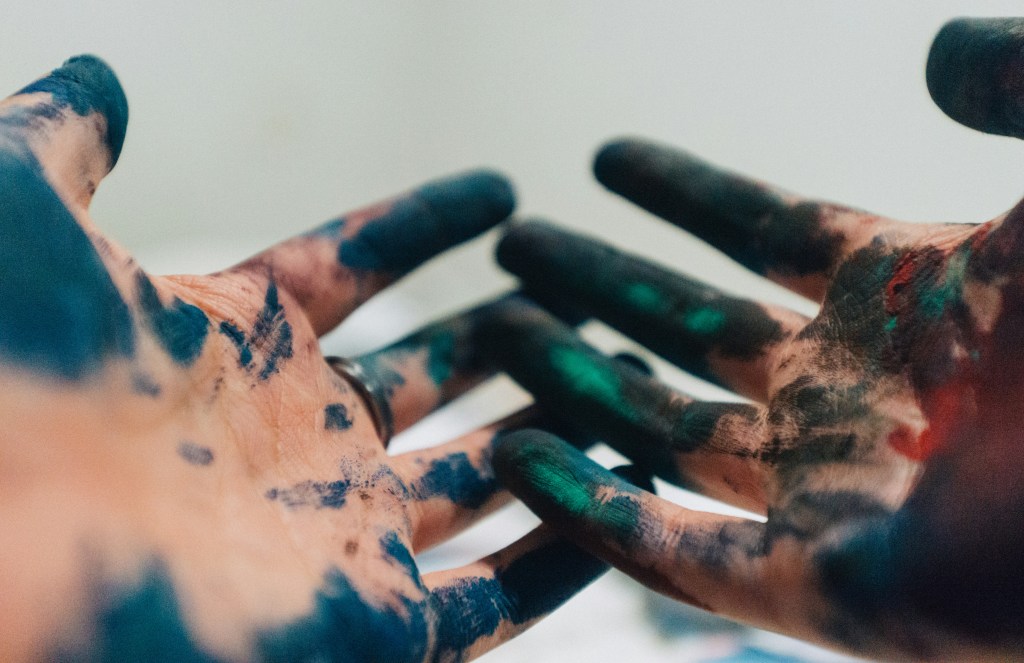Writing has a dirty little secret. Something that separates it from every other human endeavor.

Ready to hear it? You might want to sit down first.
You sitting down?
Okay. Don’t say you weren’t warned…
…
Writing never gets easier. If anything, it gets harder.
Well, that’s not very logical, is it? Everyone knows the more you do something, the better you get at it and the easier it at least seems. (Editor’s Note: I’m not referring to the phrase “practice makes perfect,” which is impossible because there’s no such thing as perfect.)
You do get better the more you write. But it won’t always feel like it. I’ve found that the more I write, the harder the act of writing becomes. Never mind the eight novels I’ve published to this point. Ignore the fact that I’ve built a career on the written word. Even now, at 42 years old, there are times when I feel like putting one word in front of the other is impossible.
But why is that? Clearly, I know what I’m doing. So why does it often feel like I don’t?
I don’t have any empirical data on this question (yet), but I do have a couple of theories.
Theory #1: I’m Trying to Live Up to… Myself
When you sit down to write a book for the first time, there’s nothing but possibility in front of you. The world is your proverbial oyster (apologies if you have a seafood allergy). There’s seemingly nothing you can’t do. The only thing standing in your way in yourself.
But once you get to book two or three (or 12), something changes.
Because now, you have a backlog. You have a track record. In short, the world knows what kind of writer you are. You know what kind of writer you are. Each book you write has to live up to the books that came before.
In a way, you’re trying to live up to yourself every time you sit at the keyboard. Each book has to at the very least be as good as what came before it. Truth be told, it should be better. Because if you’re not getting better…
That’s heavy. A lot heavier than we want to admit.
This is especially true if you’re writing a series. The Jill Andersen series is six books in, and there’s a reason I’ve been going more than a year between releases of late. I can’t get worse; I have to get better.
There’s a baseline. When someone buys a book with my (pen)name on it, there’s going to be a certain expectation. The longer I do this, the more aware I am of that bar.
And how I have to clear it.
Theory #2: When I’m Done Writing, I Need to… Write Some More?
I write for a living. That’s in addition to my books.
That’s a lot of writing. Copious amounts of creative output.
Over the last two decades, I’ve been a journalist, a media relations professional, and a copywriter. I’ve churned out a lot of words in my time, even if you ignore my books. Stories, press releases, scripts, ad copy…if I had to guess, I’ve probably churned out millions of words over my lifetime.
Sometimes, I just need a break.
It’s hard to turn on the word faucet for an eight-hour workday, then turn around and open the spigot even more for whatever book I’m working on.
I turn again to the bank account analogy: when you’re creating, you’re making a withdrawal. Too many withdrawals, you’ll find yourself empty or overdrawn. You need to find ways to make deposits as well. For me, that means reading.
But it also means rest.
Some writers will insist that churning out thousands of words daily is the only way to go. It might be true for them, but we’re not all like that. Writers aren’t robots (and robots aren’t writers). Rest is just as important as productivity, if not more so.
Are there days when I can put in a full day’s work, and then come home and crank out a couple chapters in my WIP? Yeah. But I also have days when I come home, and the last thing I want to do is peck away at my keyboard.
On those days, I simply don’t.
Recognizing when to write and when to rest is one of the most valuable lessons a writer can learn.
Wrapping Up
If I had to guess, this is probably also true of other creative pursuits. Painters and musicians and illustrators likely face the same conundrum for the same reasons. Ultimately, the best thing creatives of all stripes can do is learn to give themselves grace.
It’s okay to sit back and take a break. It’s okay to not spend every waking moment creating.
Creatives are often our own harshest critics, and it can be hard to back off from that and be kind to ourselves. But the self-awareness and the kindness we crave from others can be the most powerful tools we possess.
We’re not AI. We can’t just churn out stuff on command. Creators are human, with everything that entails.
About J.D. Cunegan
J.D. Cunegan is known for his unique writing style, a mixture of murder mystery and superhero epic that introduces the reader to his comic book-inspired storytelling and fast-paced prose. A 2006 graduate of Old Dominion University, Cunegan has an extensive background in journalism, a lengthy career in media relations, and a lifelong love for writing. Cunegan lives in Hampton, Virginia, and next to books and art, his big passion in life in auto racing. When not hunched in front of a keyboard, scratching a pencil over a piece of paper, or with his nose stuck in a book, Cunegan can probably be found at a race track or watching a race on TV.
Follow J.D. on Facebook, Spoutible, Substack, and Goodreads.



Leave a comment